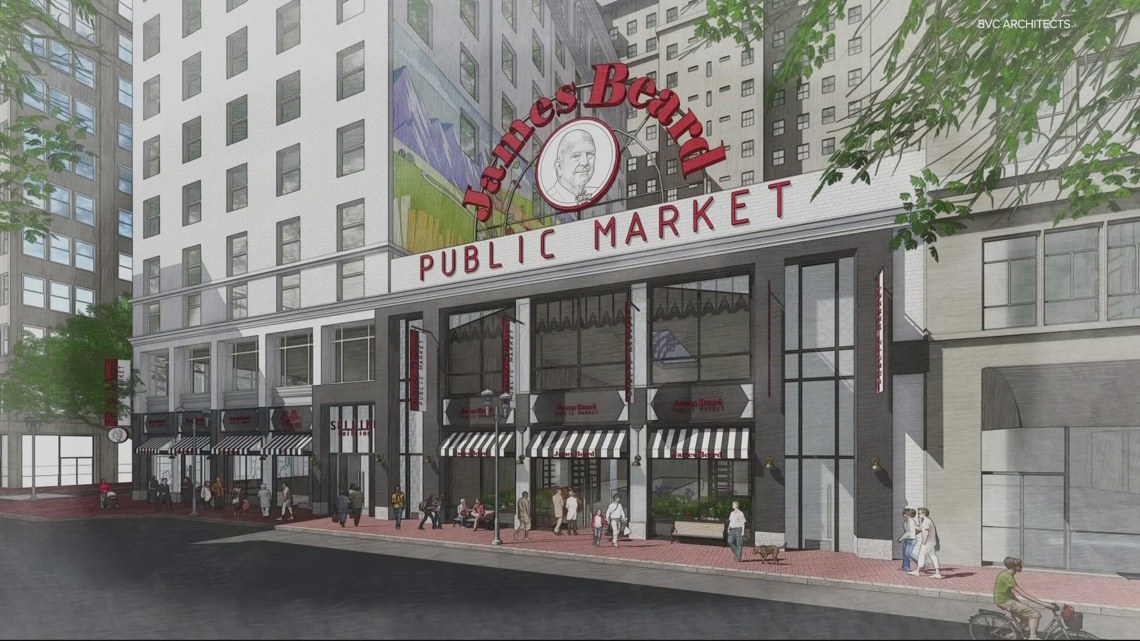
Health insurers commit half a million to Portland’s planned food market, funding cooking workshops and nutrition education for underserved communities.
PORTLAND, Ore. — The James Beard Public Market announced Tuesday a $500,000 commitment from Regence BlueCross BlueShield of Oregon and Cambia Health Foundation, marking another funding milestone for the long-planned downtown Portland food market, according to a joint press release.
The contribution will support the market’s Nutrition for All Initiative, offering cooking workshops, nutrition education classes and community outreach for historically underserved communities.
“Regence and Cambia Health Foundation’s investment strengthens our ability to deliver programs that will reach thousands of Oregonians,” said Jessica Elkan, executive director of James Beard Public Market. “Their support ensures that nutrition, education and food access are woven into the very fabric of this project, from day one.”
“As a founding sponsor, this partnership aligns perfectly with our dedication to supporting the health and well-being of our communities,” said Michael Cole, president of Regence BlueCross BlueShield of Oregon. “Our investment will empower families to make healthier food choices, increase food literacy across age groups and reduce barriers to fresh, nutritious food.”
The market aims to open at 622 Southwest Alder Street in summer 2026, one block north of Pioneer Courthouse Square. Since announcing its location in October 2024, organizers have raised more than $4.2 million and completed the building purchase in January 2025.
The project gained momentum in May when Portland City Council allocated $1 million during budget deliberations. The market also seeks $10 million in state lottery bonds through House Bill 3377, sponsored by Rep. Shannon Jones Isadore, D-Portland.
When completed, the nearly 40,000-square-foot market will house about 40 small businesses, including restaurants, bakeries, farm stalls, a teaching kitchen and event space. More than 100 small businesses have applied to be permanent vendors, with nearly half being minority- and women-owned businesses.
